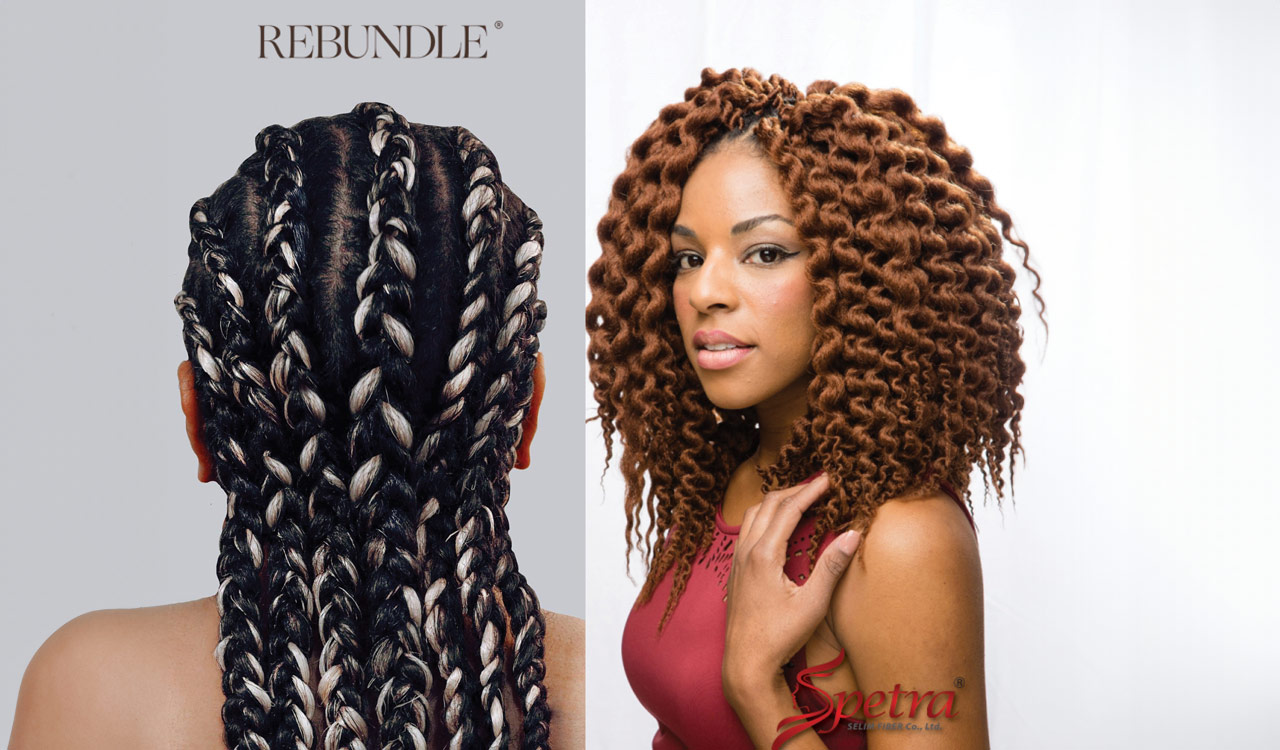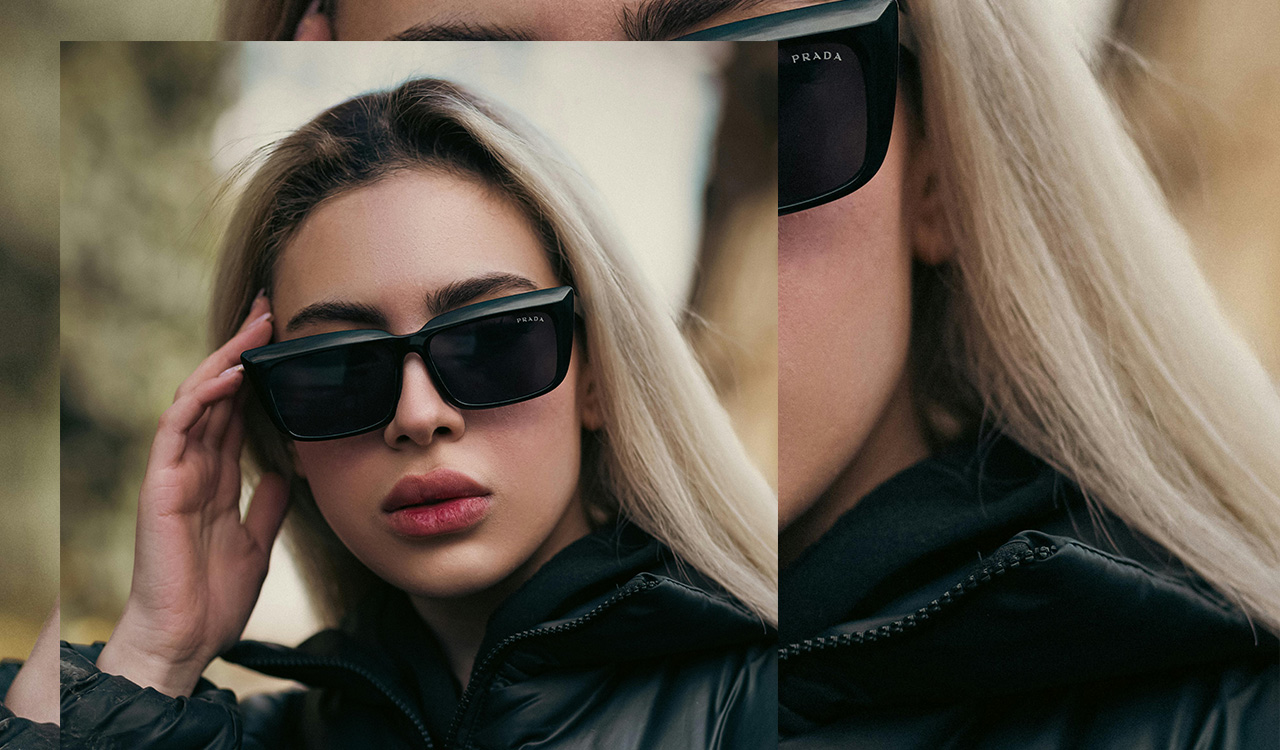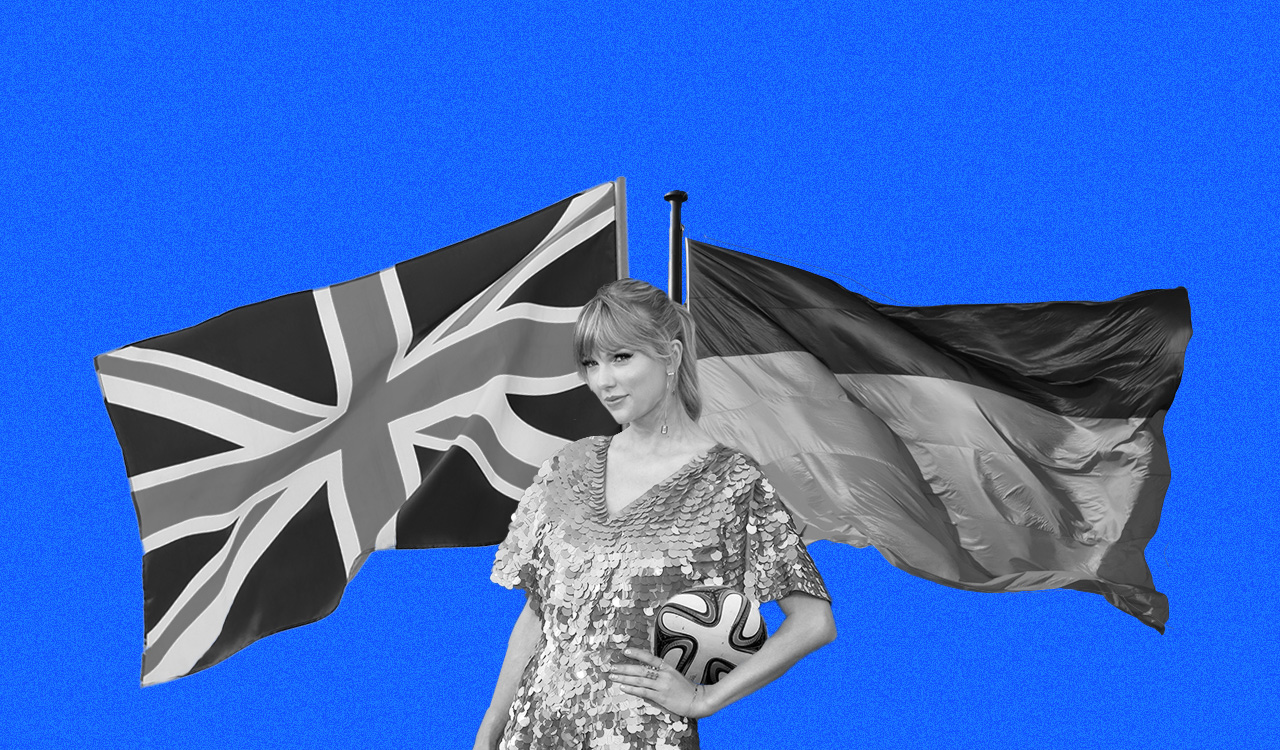Sustainability is hitting even the most unlikely sectors of the retail industry. Women with strong ethical beliefs are now trading in their $700+ human hair wigs revered for their natural hair and braided styles. The unethical harvesting of human hair, and the astronomical prices have driven consumers to synthetic hair options, especially in Black hair care. Which presents a conundrum for people who support sustainability initiatives and now may have to compromise by purchasing synthetic materials and manufacturing.
The global hair wigs and extensions market size was valued at US$6.13 billion in 2021 and is expected to increase by eight percent over the next ten years.
To put it into perspective, the global hair wigs and extensions market size was valued at U.S. 6.13 billion in 2021 and is expected to increase by eight percent over the next ten years. For retailers, growth is good news…and the hair wig and extension business is just that. But with new market opportunities comes new concerns—the negative impact of plastic-based, synthetic hair on the environment.
The Issue
Women have used synthetic hair extensions for routine hair care options and treatments for scalp disorders for years. However, popular synthetic hair extensions threaten their wearers and the environment. Most synthetic hair brands are made from plastic fibers often treated with harsh chemicals during manufacturing. Unlike most retail self-care beauty products, hair extensions are largely unregulated.
Harmful chemicals such as polyethylene terephthalate (PET), polypropylene (PP), and polyvinyl chloride (PVC) are commonly found in synthetic hair fibers. These chemicals can be linked to a range of health issues, including skin irritation, respiratory problems, and even cancer. To make matters worse, synthetic hair extensions can contain heavy metals such as lead and cadmium, which are toxic to human health. Skin absorbs these metals, which can accumulate in the body over time, leading to long-term health effects.
Studies have shown that synthetic hair extensions can release chemicals and heavy metals into the air and water when disposed of in landfills or heated during styling. Additionally, the plastics used in synthetic hair extensions can take hundreds of years to break down, if they do so at all, contributing to the ever-growing plastic pollution problem that threatens our ecosystems and wildlife.
While not all synthetic hair extensions are equally toxic, hair extension retailers need to consider the potential health and environmental impacts these products. So, what’s the solution? Should we all ditch our extensions for an au naturel way of life?
The Alternatives
Products to replace harmful synthetic hair extensions are slowly growing market share. Most options, like ethically sourced human hair extensions, can cost thousands. But retailers can consider a couple of frontrunners when stocking their stores.
● ReGen Hair Fiber™ by Rebundle
Rebundle, a sustainable hair extension company, introduced the ReGen Hair Fiber™ in 2019. These braiding hair extensions are made from banana fibers, which are biodegradable and compostable—making them an excellent alternative to plastic-based synthetic hair extensions. The extensions are not only environmentally friendly but also gentle on the skin. Unlike synthetic hair extensions, which can cause scalp irritation, ReGen Hair Fiber™ is hypoallergenic and safe for those with sensitive skin. The fibers are also soft and lightweight, making them comfortable to wear.
In addition to being eco-friendly and gentle on the skin, ReGen Hair Fiber™ is also affordable. The cost of human hair wigs and extensions can be pricey, with some wigs costing upwards of $1,000 (2-3 bundles of hair). Rebundle offers sustainable, affordable, and reusable options ranging from $45-$50 per bundle, allowing women to maintain their hairstyles without breaking the bank or harming the environment.
● Spetra Hair
Korean-based hair manufacturer Spetra Hair also offers affordable, eco-friendly synthetic hair options manufactured from natural plant fibers and protein blends. These hair fibers are biodegradable, hypoallergenic, and free from harmful chemicals. Unlike traditional synthetic hair extensions that are made from non-biodegradable plastics, Spetra hair fibers break down naturally over time and do not contribute to plastic pollution. The fibers are also produced using sustainable farming practices, reducing their environmental impact.
Another advantage of Spetra Hair is its versatility. The hair is lightweight which makes it ideal for braiding or wig making. The hair is also durable and long-lasting, making it a worthwhile investment for those looking for high-quality, sustainable hair extensions. As far as pricing is concerned, bundles cost less than $50.
The Bottom Line
Sustainable hair extension options are available, but it’s up to retailers to offer them. As we move towards a more sustainable future, it’s important that we take responsibility for our choices, especially when it comes to our health and the environment. The synthetic hair industry has a long way to go before it becomes truly sustainable, but the good news is that alternatives are slowly emerging.
Brands like Rebundle and Spetra Hair are leading the way, offering affordable, eco-friendly options that don’t compromise on quality or style. Retailers have the power to drive change by demanding more sustainable alternatives and supporting brands that prioritize ethics and the environment. By choosing synthetic hair that’s environmentally friendly, we can support fair trade practices while reducing our environmental impact.




